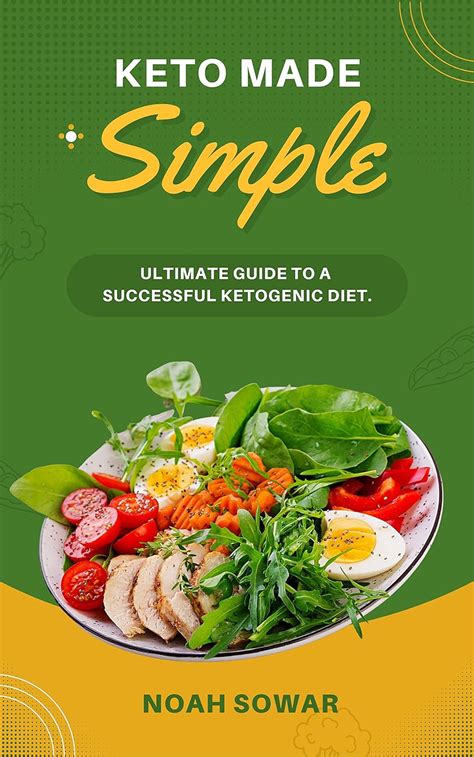Zucchini, a versatile and delicious summer squash, is not only a staple in many culinary dishes but also a powerhouse of nutrition. Despite its mild flavor, this green vegetable is packed with essential vitamins, minerals, and antioxidants that offer numerous health benefits. Low in calories yet rich in nutrients, zucchini supports various aspects of health, from aiding digestion to promoting eye health. Its high water content makes it an excellent choice for hydration and weight management. In this comprehensive guide, we’ll unveil the nutritional power of zucchini, exploring how this humble vegetable can play a crucial role in a balanced, health-conscious diet.
Join hoteldahab.com as we delve deeper into this topic.
1. Caloric Content and Macronutrients: Low in calories, rich in vitamins, minerals, and fiber.
Zucchini is a fantastic addition to any diet, particularly for those seeking to manage their caloric intake without compromising on nutrition. A single cup of raw zucchini contains only about 20 calories, making it an incredibly low-calorie food that can be enjoyed in generous portions. Despite its low calorie count, zucchini is packed with essential nutrients. It provides a good source of macronutrients, including small amounts of protein and carbohydrates, while being virtually fat-free. Additionally, zucchini is rich in dietary fiber, which promotes satiety and aids in digestion.
The fiber content in zucchini, particularly in its skin, helps regulate blood sugar levels and supports a healthy digestive system. This combination of low calories and high fiber makes zucchini an ideal choice for those looking to maintain or lose weight while still obtaining vital vitamins and minerals. Whether consumed raw, sautéed, or baked, zucchini offers a nutritious and satisfying component to a balanced diet.

2. Vitamins and Minerals: High levels of Vitamin C, Vitamin A, potassium, and manganese.
Zucchini is not just low in calories; it’s also a nutrient-dense vegetable brimming with essential vitamins and minerals that contribute to overall health. One of its standout features is its high Vitamin C content. A single cup of raw zucchini provides about 20% of the recommended daily intake of Vitamin C, an antioxidant that plays a crucial role in boosting the immune system, promoting skin health, and aiding in the absorption of iron.
In addition to Vitamin C, zucchini is a good source of Vitamin A, particularly in the form of beta-carotene, which is vital for maintaining healthy vision, skin, and mucous membranes. This nutrient also supports immune function and acts as a powerful antioxidant, protecting cells from damage.
Zucchini is rich in potassium, an essential mineral that helps regulate blood pressure, balance fluids in the body, and support nerve and muscle function. A diet high in potassium can reduce the risk of stroke and lower blood pressure levels.
Moreover, zucchini contains manganese, a trace mineral that plays an important role in bone formation, collagen production, and the metabolism of carbohydrates and fats. Together, these vitamins and minerals make zucchini a powerhouse of nutrition, supporting various bodily functions and promoting long-term health. Including zucchini in your diet is an easy way to boost your intake of these crucial nutrients.

3. Antioxidant Properties: Contains carotenoids like lutein and zeaxanthin which promote eye health.
Zucchini is a rich source of carotenoids, particularly lutein and zeaxanthin, which are powerful antioxidants known for their role in promoting eye health. These carotenoids accumulate in the retina, the part of the eye responsible for detecting light and color, where they help protect against damage from harmful blue light and oxidative stress. Regular consumption of zucchini can contribute to the prevention of age-related macular degeneration (AMD), a leading cause of vision loss in older adults.
Beyond their benefits for eye health, lutein and zeaxanthin also contribute to overall cellular protection. As antioxidants, they neutralize free radicals in the body, reducing oxidative damage that can lead to chronic diseases such as heart disease and cancer. By incorporating zucchini into your diet, you’re not only enjoying a versatile and delicious vegetable but also providing your body with natural compounds that support and protect your vision and overall health.

4. Digestive Health: High fiber content supports healthy digestion and prevents constipation.
Zucchini is an excellent source of dietary fiber, which plays a crucial role in maintaining a healthy digestive system. The fiber in zucchini, particularly the insoluble type found in the skin, adds bulk to the stool and helps food move more easily through the digestive tract. This can prevent constipation and promote regular bowel movements, contributing to overall gut health.
In addition to preventing constipation, the fiber in zucchini supports a balanced gut microbiome by acting as a prebiotic. Prebiotics are non-digestible fibers that feed the beneficial bacteria in the gut, fostering a healthy environment for digestion and nutrient absorption. A healthy gut microbiome is linked to improved immune function, reduced inflammation, and better mental health.
Furthermore, the fiber in zucchini helps regulate blood sugar levels by slowing the absorption of sugar into the bloodstream, which can be particularly beneficial for those managing diabetes or aiming to maintain stable energy levels throughout the day. Including zucchini in your diet is an easy way to support digestive health and overall well-being.
5. Hydration and Weight Management: High water content aids in hydration and supports weight loss efforts.
Zucchini is an ideal food for hydration and weight management due to its high water content, which makes up about 95% of the vegetable. This significant water content helps keep the body hydrated, supports various physiological functions, and maintains fluid balance. Proper hydration is crucial for overall health, including optimal digestion, nutrient absorption, and temperature regulation.
In addition to its hydrating properties, zucchini’s high water content contributes to its low calorie density, making it a great choice for those looking to manage their weight. Foods with high water content, like zucchini, provide a sense of fullness with fewer calories, which can help control portion sizes and reduce overall calorie intake. This can be particularly beneficial for weight loss efforts, as it allows individuals to eat larger volumes of food without consuming excessive calories.
Moreover, the fiber in zucchini complements its water content by adding bulk to the diet, enhancing satiety, and preventing overeating. By incorporating zucchini into your meals, you can enjoy a satisfying, nutrient-rich food that supports hydration, aids in weight management, and contributes to a balanced and health-conscious diet.
Incorporating zucchini into your diet offers a range of health benefits due to its impressive nutritional profile. This low-calorie vegetable is packed with essential vitamins, minerals, and antioxidants that support overall well-being, from boosting eye health to enhancing digestion. Its high fiber and water content contribute to effective weight management and hydration. By adding zucchini to your meals, you can enjoy its versatility and delicious flavor while reaping its numerous health advantages. Embracing zucchini as a staple in your diet is a simple yet effective way to enhance your nutrition and support a healthier lifestyle.
hoteldahab.com
